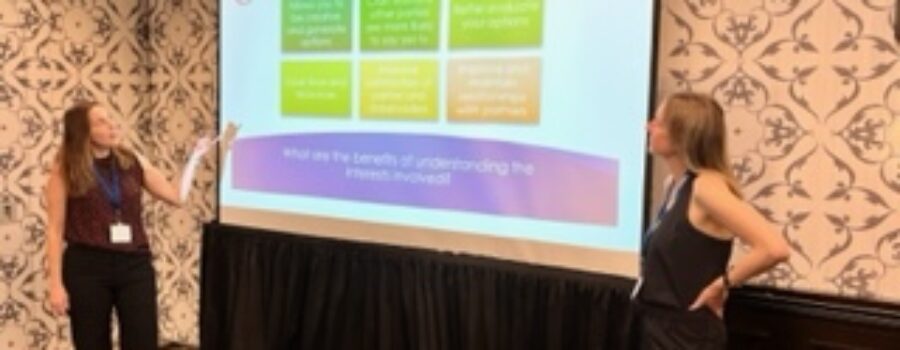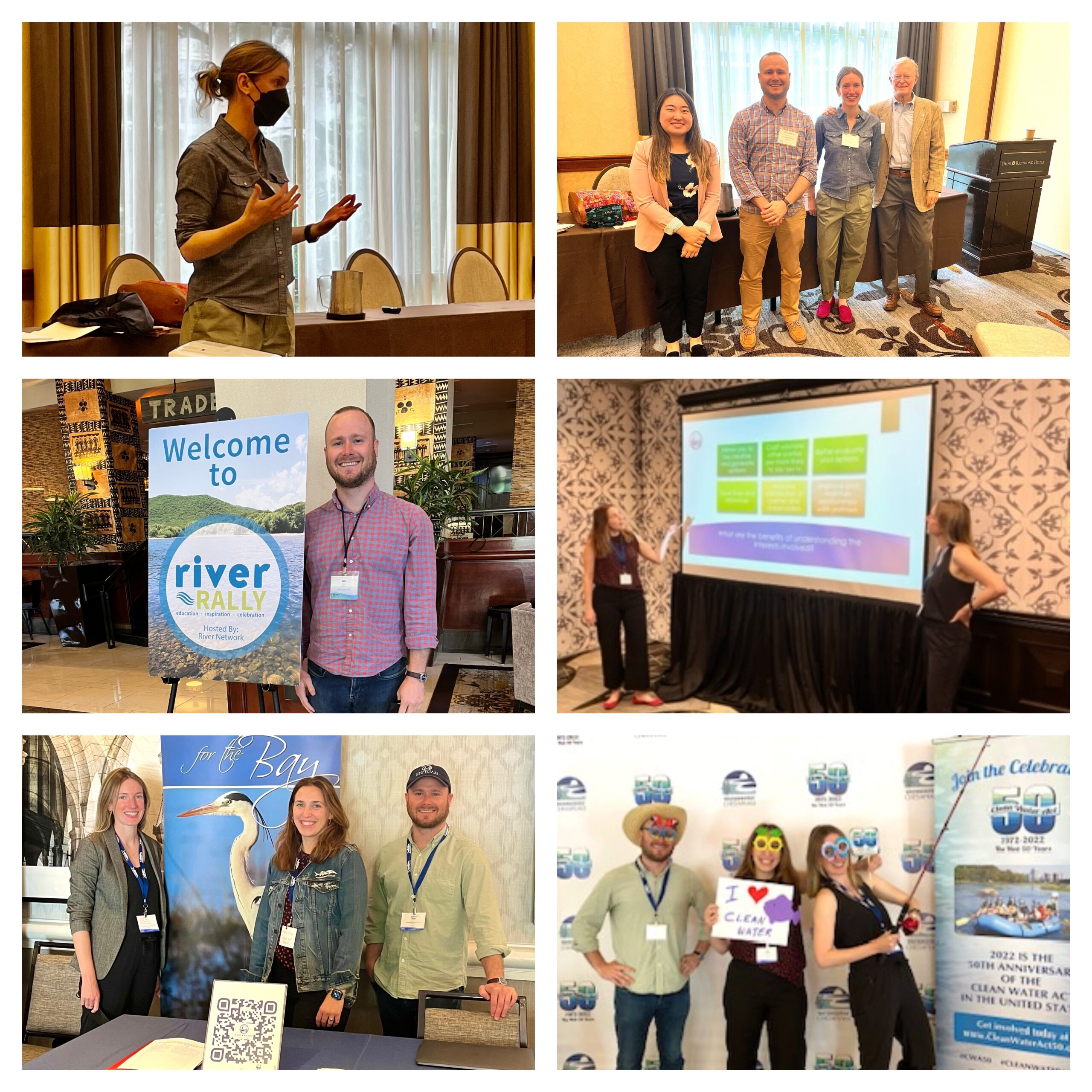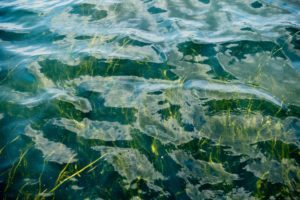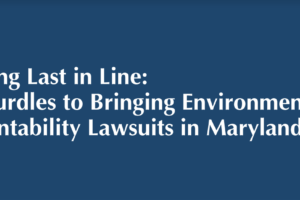CLA’s Legal Education Center Goes on the Road
Chesapeake Legal Alliance’s Legal Education Center has been doing some heavy lifting over the past three weeks.
On May 25th, CLA staff and interns arrived in Richmond, Virginia for the 2022 Choose Clean Water Conference, a meeting of Choose Clean Water Coalition members that provides a platform for discovering new tools and resources to meet the coalition’s clean water goals and for furthering our efforts to center our advocacy work on principles of equity and justice.
On May 26th, Senior Attorney and Director of Community Legal Education, Molly Brown, presented to a full audience her seminar entitled “Will You Be Ready to Take a Stand?” This educational session explored how the Clean Water Act (CWA) can be used as a powerful tool for organizations in restoring local water quality, and how they can be prepared to use it. Specifically, attendees learned the background of the CWA, how to use it to enforce pollution laws, and how organizational by-laws, membership rules, and website and fundraising language may affect their right to sue under the CWA.
On June 4th through 7th, Staff Attorney and Outreach & Engagement Coordinator, Will Halnon, attended this year’s River Rally in Washington, D.C., thanks to a scholarship provided by the National Wildlife Federation. The conference provides an inspiring and energy-infused touchpoint for nonprofit groups from across the U.S. and beyond, as well as for agency and foundation representatives, industry innovators, philanthropists, academics, students, and community leaders, bringing thought leaders and practitioners together to accelerate progress towards an equitable and sustainable water future. At this year’s event, Will enhanced his understanding of PFAS pollution and policy, pollution mapping tools, dam removal, enhancing water quality through mussel bed restoration, and increasing diversity, equity, and inclusivity within environmental advocacy.
Finally, at Waterkeeper Alliance Global Conference 2022, also held in Washington, D.C., CLA staff gave two presentations. On June 9th, Executive Director, David Reed, presented a workshop on Animal Feeding Operations across the Chesapeake Bay watershed, how these operations constitute a point source under the Clean Water Act, and how they are integrated into an agricultural system of point and nonpoint source pollution that is regularly the largest contributor of nutrient pollution in a given watershed. Specifically, David reviewed the permitting scheme for Maryland and discussed CLA’s landmark victory with Assateague Coastkeeper and how it may implicate other jurisdictions and watersheds. He then further explored some similarities and differences with other Chesapeake Bay states and offered an interactive audience discussion of how these pollution streams may be addressed in their watershed.
On June 10th, Molly Brown and Senior Attorney and Director of Legal Innovation, Angela Haren, hosted a workshop on interest-based communication in conservation for an international audience. This workshop introduced participants to the principles of interest-based communication – a tool that allows people to create and collaborate around issues that traditionally cause disagreement and conflict. By developing a better understanding of the interests involved in a situation, participants learned to build value out of disagreement and find solutions through communication, collaboration, and creativity.
To be alerted of any upcoming seminars from CLA, join our mailing list, or to help support our legal education center, consider making a donation today.





